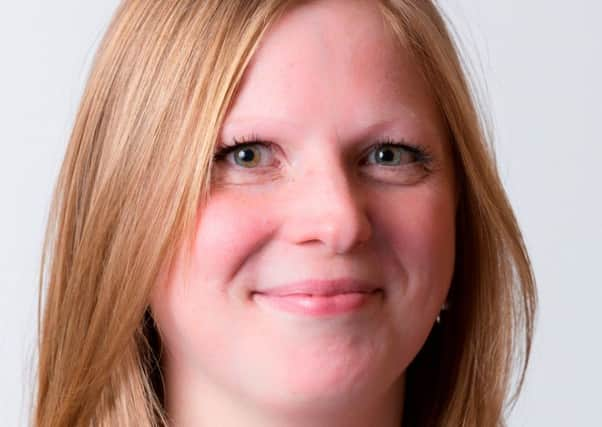Susan Lowes: Offer the right support at the right time for everyone who needs it


See the man who lives alone with no family nearby, or no one to help him. He longs to be that bloke in the pub again that people used to listen to. His terminal condition means that even if he could get there, he wouldn’t be able to swallow his drink without feeling like everyone was watching him.
Whose responsibility is it to help, to ease someone’s loneliness or to tackle their isolation? Frustratingly there is no easy answer yet. Different people will need different types of help at different times. It must be individual; one size doesn’t fit all. It has to be the right support for them at the right time. Getting it wrong means that people will continue to live and die alone.
Advertisement
Hide AdAdvertisement
Hide AdIn Scotland we have a draft strategy to tackle social isolation and loneliness. It’s ground-breaking, but we need so much more. To solve social isolation there must be multiple services and a mix of different types of people delivering it. We need individuals, communities and organisations, healthcare, social care staff and different levels of staff within that. A clinical nurse specialist shouldn’t be helping someone buy their make-up online because they are the only ones that understand that it’s the last vestige of self-identity someone can retain when they feel like everything else is gone. It’s not the role of a specialist, but it needs someone to do it. In health and social care, we are all in the business of helping people live, and that shouldn’t change when they’re dying.
A befriending service of a social group isn’t always the answer. Nor is a healthcare assistant, a nurse, a carer or a community, but they’re a good start. People and organisations are stretched everywhere, but everyone wants to do their best to help.
What people want is to feel safe and supported. There needs to be a structure in place to recognise and identify people’s needs, such as the wife struggling to cope but too proud to ask for help when her husband is ill, or the GP that insists on help for her when he sees she’s at the breaking-point of physical and emotional exhaustion is key. Yet if she didn’t see her GP, or if they didn’t recognise her desperate need, would she have got help?
When someone dies, the isolation for family members can be heightened. A bereaved husband who hasn’t been able to work for years as he’s been caring for his wife is now on his own and struggling because he can’t afford the funeral costs. His carer’s allowance has gone and he doesn’t feel confident enough to get back to work. He’s worried, dealing with his grief alone, and doesn’t know what to do.
The social isolation and loneliness strategy must be practical thinking and practical application. It needs individuals to prioritise the scarce resources and to make bold decisions about how to use them.
Right now we have a chance for a world first. Not just the first country to have a strategy to address social isolation and loneliness. We have a chance to be the first country to reimagine the world we want to see and build the support and structures needed to make that happen. It starts with people – seeing, valuing, investing and engaging with people.
Susan Lowes is Scottish policy and public affairs manager for Marie Curie.
www.mariecurie.org.uk/change